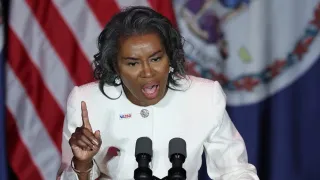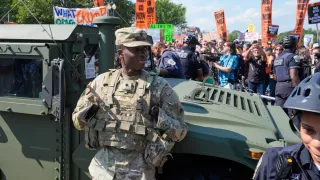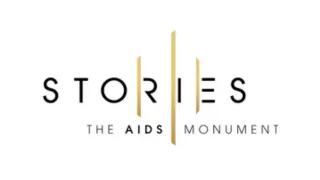
5 hours ago
New Studies Reveal Alarming Rates of Sex Trafficking Among Queer Underage Males
READ TIME: 3 MIN.
Emerging research from national studies and advocacy organizations reveals that queer youth, particularly underage males, are alarmingly overrepresented among victims of sex trafficking in North America. While queer youth represent a minority in the general population, studies consistently show that they comprise nearly half of youth trafficked for sex—a rate dramatically higher than their heterosexual and cisgender peers .
In a landmark 2016 study examining 949 youth involved in the sex trade across six major U.S. cities, researchers determined that *nearly 50% identified as LGBTQ*, with queer underage males constituting a significant portion of this group . These findings are echoed by a 2014–2016 study covering 641 homeless youth in the U.S. and Canada, which found that queer youth—though making up only 19% of respondents—accounted for *36% of those who were sex trafficked* and *36% of those involved in the sex trade* .
The overrepresentation of queer underage males in sex trafficking is not coincidental. Experts cite a combination of systemic vulnerabilities, including family rejection, homelessness, aging out of foster care, and a lack of targeted social services . According to the U.S. National Coalition for the Homeless, queer youth are *ten times more likely to become homeless* than their heterosexual peers—a reality that significantly elevates their risk for trafficking and exploitation .
Once homeless, queer youth, especially underage males, face additional risks. A study published by the National Institute of Health concluded that “LGBTQ minors who are homeless are at the highest risk for sex trafficking and sexual exploitation” . Traffickers and exploiters may offer basic necessities—such as shelter, food, or a semblance of community—in exchange for sex, preying on the desperate circumstances of queer youth .
Queer underage males often face additional barriers when seeking help. Fear of discrimination, family rejection, and mistrust of law enforcement or social services—borne out of prior negative experiences—can deter victims from coming forward . Furthermore, anti-trafficking services may not be adequately equipped or trained to support queer youth, especially transgender and nonbinary individuals, leaving critical gaps in care .
Behind the statistics are real lives profoundly affected by trafficking. Many queer underage males find themselves forced into survival sex—the exchange of sex for basic needs—within days of leaving home or the foster care system . A report from the Modern Slavery Research Project found that the median age of entry into sex trading among homeless youth was 18, but for those trafficked, the median was just 16 .
Racial disparities further compound the crisis. Black and multi-racial queer youth are disproportionately represented among those trafficked, with one study indicating that 70% of queer youth in the sex trade identified as Black or African American .
Advocates and researchers emphasize the urgent need for intersectional, trauma-informed interventions to break cycles of exploitation and provide safe, affirming spaces for LGBTQ+ youth. Organizations such as the Polaris Project and the National Center for Youth Law are calling for:
- Increased funding for LGBTQ+-inclusive shelters and support services.
- Comprehensive anti-trafficking training for social workers, law enforcement, and care providers.
- Policy reforms to address the criminalization of trafficked youth, especially those charged with prostitution-related offenses .
- Greater attention to the intersections of race, sexuality, and gender identity in developing prevention strategies .
Survivors, advocates, and researchers agree: addressing the crisis of sex trafficking among queer underage males requires not only greater visibility and awareness but also structural changes across social services, legal systems, and cultural attitudes. Without urgent action, the cycle of vulnerability and exploitation will persist, disproportionately impacting some of the most marginalized youth in society.
For those seeking support or wishing to learn more, the following organizations provide LGBTQ+-affirming resources:
- National Human Trafficking Hotline (Polaris Project): 1-888-373-7888
- The Trevor Project: 1-866-488-7386
- National Center for Youth Law: https://youthlaw.org
- The Exodus Road: https://theexodusroad.com
Anyone who suspects trafficking or exploitation is urged to reach out to these organizations or contact local authorities trained in anti-trafficking response. The fight against trafficking is ongoing, and community support is critical to protecting and empowering queer youth.






